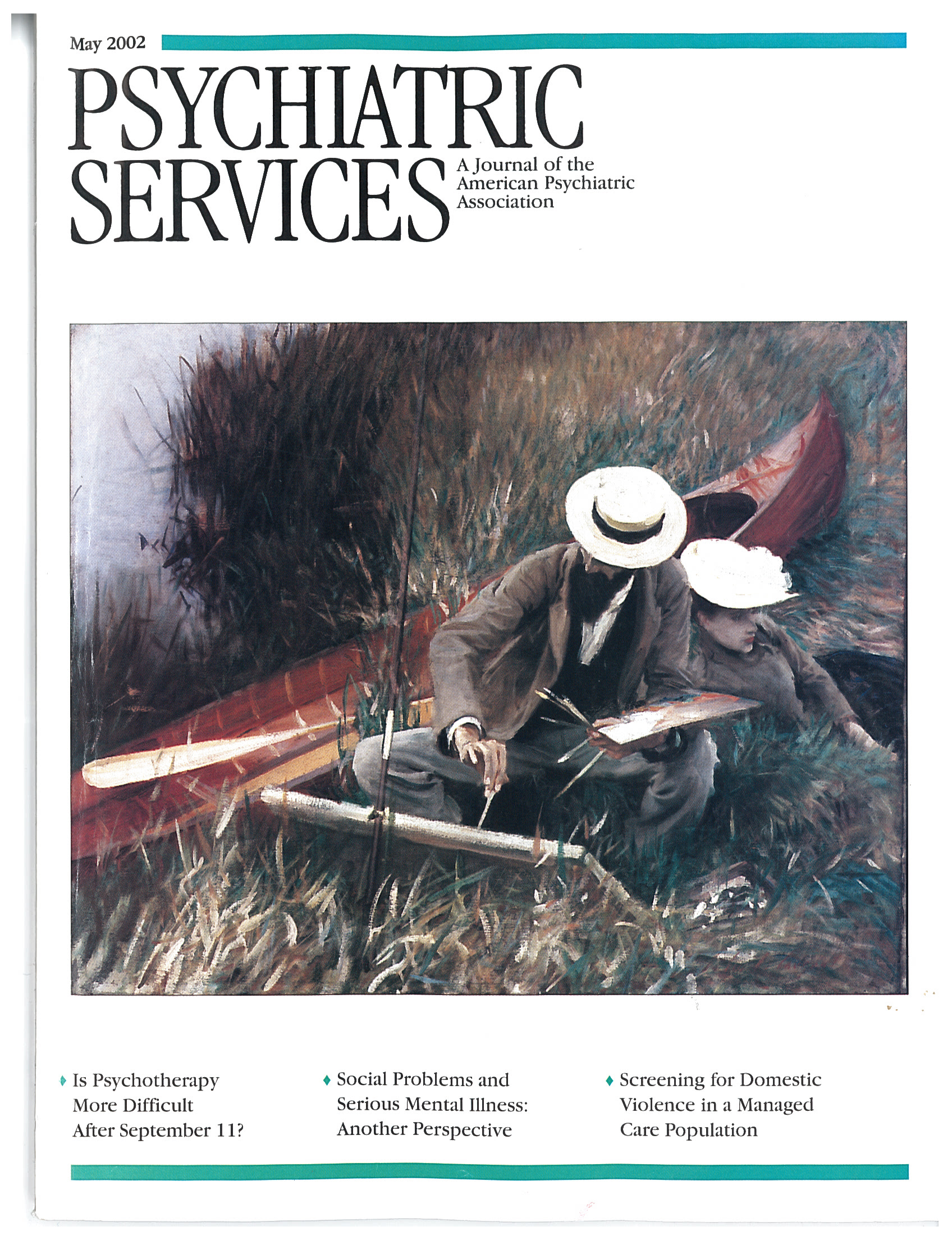Sometimes, perhaps more than we may admit, we resort to conducting more investigative research when we know that it's time for action. History provides many examples. It took a century of locking persons with mental illness in jails before psychiatric hospitals were built. It took decades of living with homeless people in our communities before shelters were created. Many people died from lung cancer before the truth about tobacco was told. Many people were denied employment before the permeability of health records was made known.
In this issue of the journal, Draine and colleagues argue that viewing the manifestations of mental illnesses within a broader social context provides a more valid foundation for change. They reframe connections between mental illness and incarceration, unemployment, and homelessness as being more about poverty than about illness. We do not disagree with the notion of intervening in the social problems that underlie the development or perpetuation of mental illnesses and increase their severity. In fact, social workers have been promoting this notion for more than a century. However, we think it is time to put our money into generating solutions rather than repeating the same questions, which yield the same answers. Stating that the incarceration of persons with mental illness is due to poverty rather than to possible—never provable—criminalization does nothing to move these individuals out of jail and into treatment. Furthermore, the suggestion that there might be a way to dovetail treatment and criminal penalties ignores the reality that many—or even most—people with mental illness who are locked up have been incarcerated on misdemeanor charges. Sadly, some of these people like their treatment in jail better than the treatment they receive from a mental health system that insists on seeing them as products of "biological etiology."
Clearly, people with mental illness live with both the stigma of mental illness and the stigmatizing physical and economic effects of the illness or of poverty, incarceration, homelessness, and unemployment. Research in this area has been ongoing since 1939, when Penrose first noted an inverse relationship between the number of psychiatric beds and the number of prison inmates. In fact, these physical and economic effects are not only causes of social conditions but social conditions themselves. No matter how many ways we study these forces—as independent variables, from the inside out, or from the outside in—and no matter what we call them—social problems or social constructions, poverty or mental illness—the end result is inevitably the same: research is conducted, the "complexities" are noted, and the call for more research is made.
Let this be the moment when we move forward.

